14
Jul
2020
Toe Walking Toddlers – How You Can Help

You never forget seeing your child walk for the first time.
Those clumsy, awkward steps stay etched in your memory.
Confidence steadily grows. And in no time, he or she is running everywhere.
Along the way, some kids take a detour and become tippy toe walkers. This shouldn’t be an immediate cause for alarm. Plenty of toddlers experiment with different ways of walking before settling into the standard heel-toe gait pattern.
But for some, tips toes are frequent or even constant. If your little one is a habitual toe walking toddler, you may need to take action rather than play the waiting game.
In this post, we’ll provide an overview and include several toe walking treatment options for you to consider.
Toe Walking Causes
Toddlers toe walk for a variety of reasons. Another toddler might have a completely different reason than yours has. And understanding your child is key.
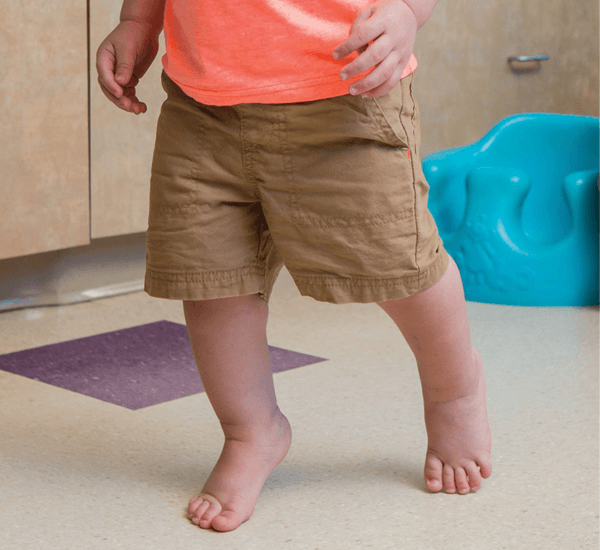
Achilles/Calves
Tight Achilles and/or calf muscles can make regular walking uncomfortable. In extreme cases, kids are physically unable to step flat on the ground.
Sensory
For little ones who have sensory concerns, tiptoes can preferable to flat feet.
Instability
Kids who are unstable on their feet may feel steadier raised on their toes. Hypotonia and pronation are common culprits.
Autism
Autism and toe walking are sometimes linked, but not always. Your child can be a toe walker without being autistic, and vice versa.
Idiopathic
For some, there’s no apparent reason. This is called idiopathic toe walking.
Potential Problems
Toe walking looks harmless. And it can be.
But if ignored, it can also lead to a variety of problems down the road:
- Foot pain
- Muscle contractures
- Widening forefoot
- Poor alignment
Toe Walking Treatment
So, when should be concerned?
Ask yourself a few questions.
- Does your child complain about any foot or leg pain?
- Are you noticing any developmental delays?
- Has your child been walking for a while but still tiptoes more than half of the time?
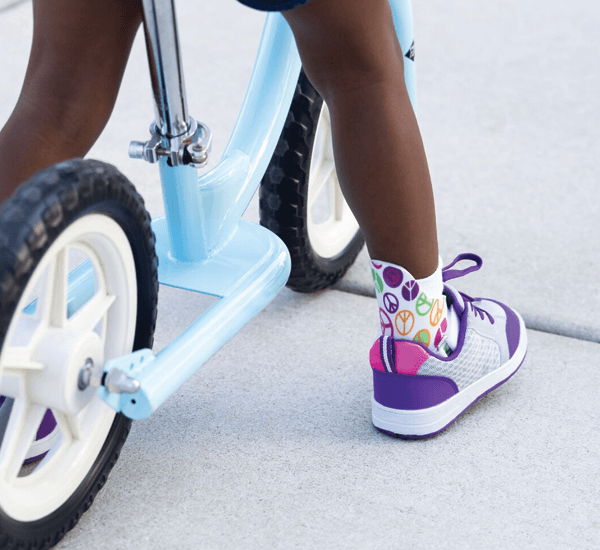
If you answered yes to any of these, it may be time to talk to an expert. When toe walking treatment is needed, taking action now is better than waiting.
Untreated toe walking may eventually require surgery. Here several different options to potentially avoid the knife:
Physical Therapy
A physical therapist will guide your little one through a series of exercises, movements, and actives that are designed to address the cause of the toe walking.
You can also practice at home. Although personalized exercises recommend by your child’s PT are best, here’s a general list of seven exercises to decrease toe walking.
Serial Casting
Serial casting involves your child wearing a series of leg casts over a period of time. This provides a gradual stretching of the muscles.
Orthotic Braces for Toe Walking
A third option is using braces for toe walking, which is often paired with physical therapy.
These are custom-made and require a visit to your local orthotist. If you’d like a list of Surestep providers in your area, just enter your information on our webpage, and we’ll email you a list.
AFO Braces for Toe Walking
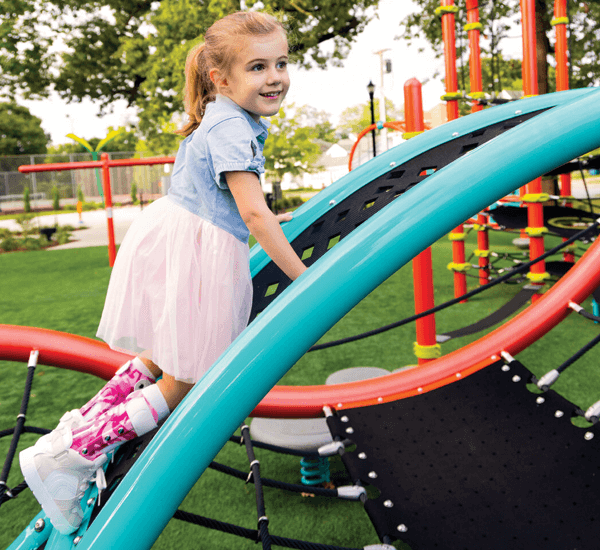
AFOs are the most common braces for toe walking.
The specifics of the device can vary depending on your child’s needs, but typically they address toe walking by blocking plantar flexion, the medical term for pointing toes down. Without this movement as an option, your child can learn to walk flat footed.
However, for greater freedom, you can consider a combination device such as the Surestep Indy 2 Stage. It features an AFO and an SMO, both of which offer their own unique benefits. Some kids begin with an Indy 2 Stage before graduating on to just the SMO portion without needing a whole new device.
SMO Braces for Toe Walking
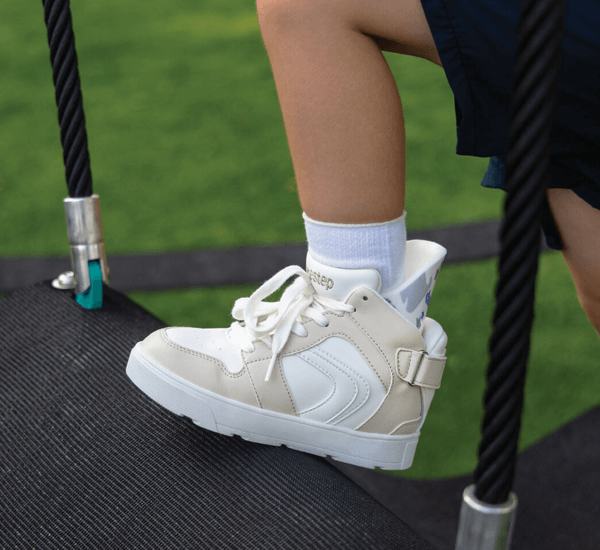
But AFOs aren’t the only orthotic solution for toe walking.
Surestep created an SMO specifically designed to treat toe walking that is caused by instability, pronation, and/or sensory concerns.
Unlike more restrictive options, the Surestep Toe Walking SMO does not physically prevent your toddler from toe walking. Rising up on your toes is a natural movement that used often, such as walking up the stairs. By not blocking this, your child has more freedom of development and movement.
Instead, the Surestep Toe Walking SMO features an extension in the back. Any time your little one stands on his or her toes, that extension pushes into the back of the leg. It doesn’t hurt. But it does serve as a reminder to come back down.
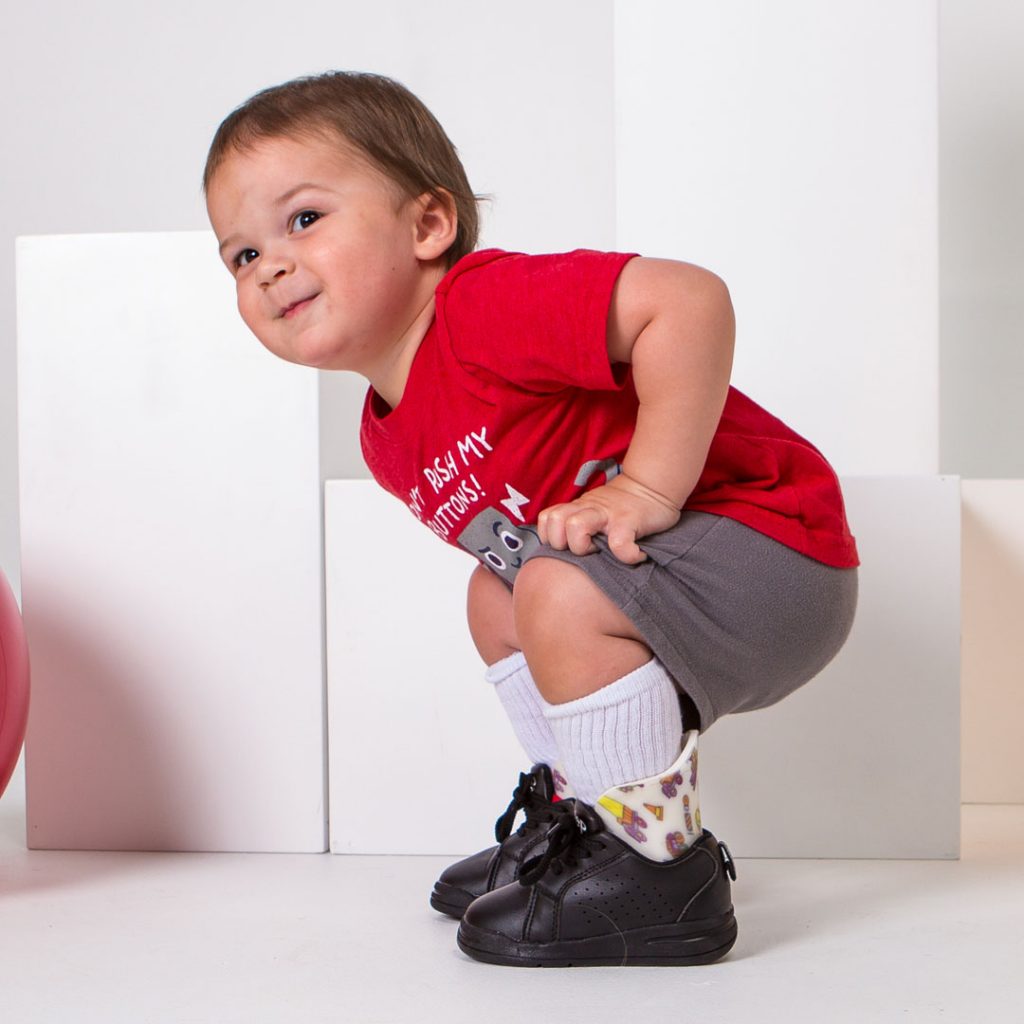
No matter what is causing your toe walking toddler to prefer tiptoes, it can be worthwhile to get an expert opinion if your parental intuition keeps telling you that something is wrong.
What other products does Surestep have?